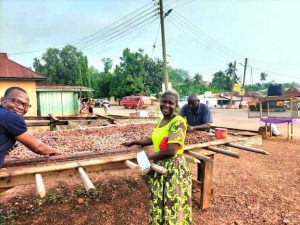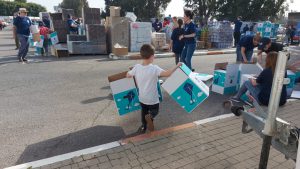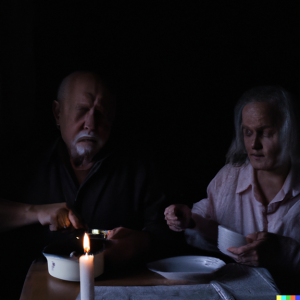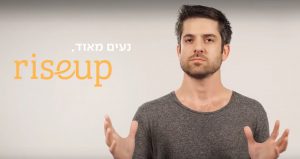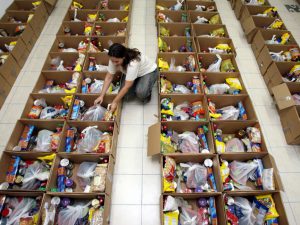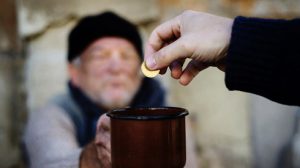The Taub Center for Social Policy Studies in Israel indicates in a recent report that in financial terms, social welfare spending alone increased by about 9% between 2016 and 2017; spending on social welfare, education and health has been estimated at about 57% of Israel’s 2016 budget (in the same year, by comparison, the Defense Ministry’s budget reached about 19%). The Taub Center points both to a trend of long-term stability in social spending levels – albeit with limited effectiveness in addressing poverty and inequality – as well as a new emphasis on implementing a “social investment” approach to social welfare activities.
The main source of the increase in social-welfare spending can be linked to expenditure on the pioneer Savings for Every Child program and growth in the budgets of the ministries of Housing and of Labor, Social Affairs and Social Services. In this context, the Savings for Every Child program seeks to jumpstart young Israelis’ transition to post-secondary education and the labor market by increasing human capital and facilitating future social mobility.
The Taub Center also notes that the budget of the Day Care Centers Department almost doubled between 2011 and 2017; out of this budget, the share of expenditure devoted to construction and the conversion of buildings into day care centers increased substantially. This increase reflects the centrality that Israel, as other welfare states, ascribes to early childhood education and the importance of early education interventions for human capital enhancement (especially for children of families suffering economic distress).
Of course, national efforts to alleviate poverty in Israel go far beyond government activities. Today the country boasts around 43,000 registered nonprofit organizations, a particularly high share of organizations per capita. Of them, 15 percent were active in the field of welfare, providing charitable assistance to the elderly, disabled, underprivileged children and needy families. Other non-profits provide free loans as well as emergency, medical and disaster services. Soup kitchens, orphanages and other establishments have received generous government support.
According to a survey conducted by Israel’s Central Bureau of Statistics, 50% of the income of non-profit organizations between 2011-15 came from government transfers and 33.1% from services also mostly deriving from government bodies (the rest from donations from Israeli households and businesses in Israel and abroad).





